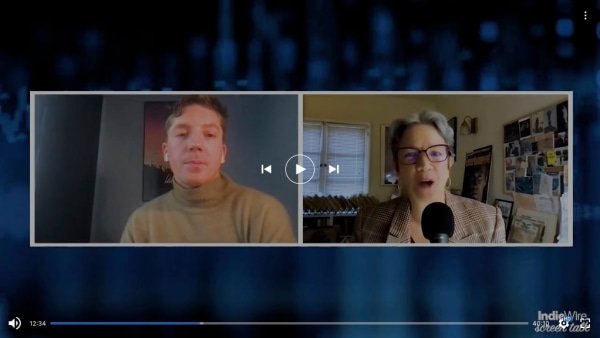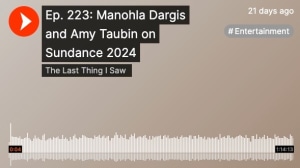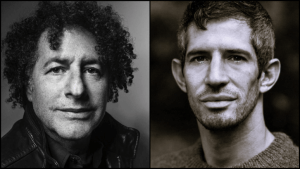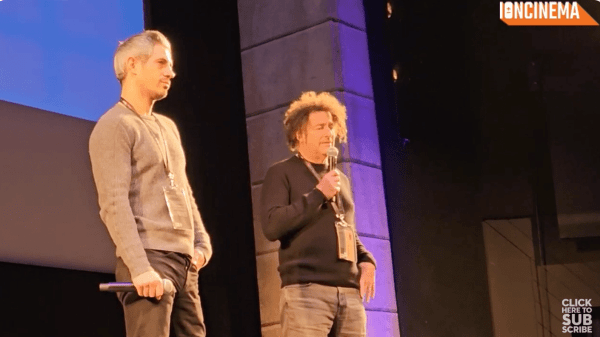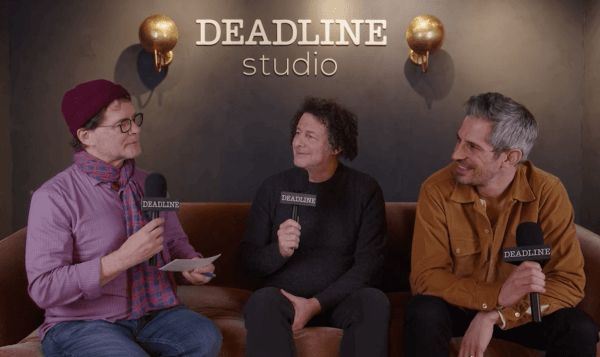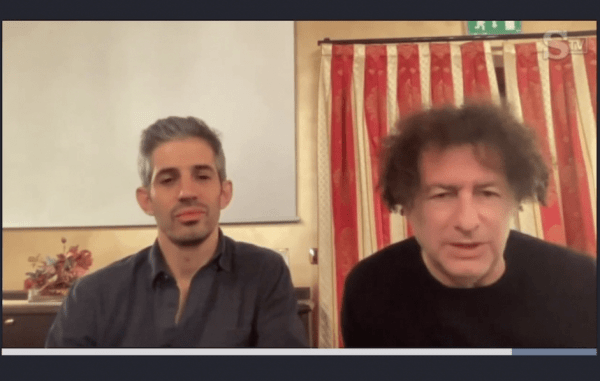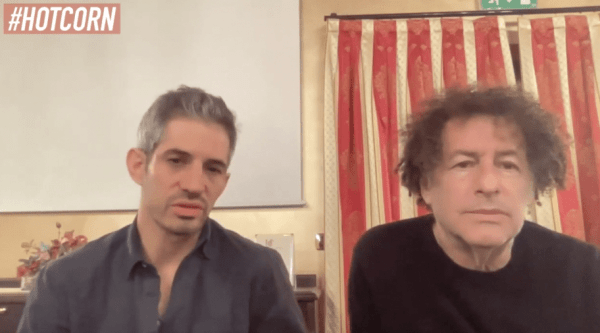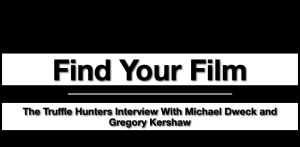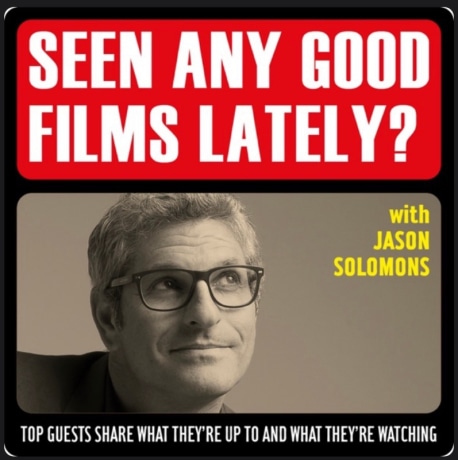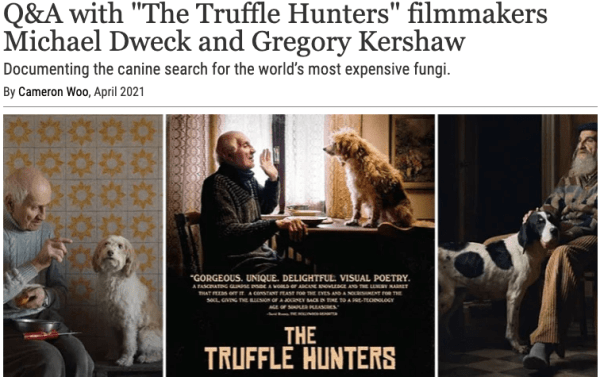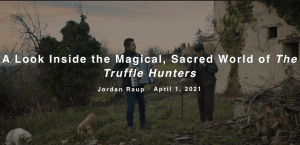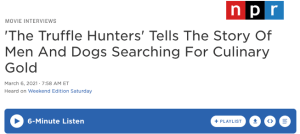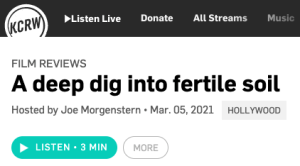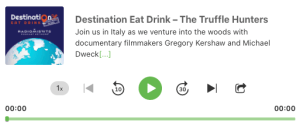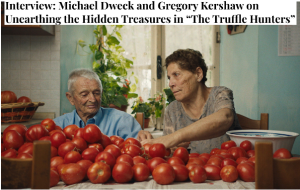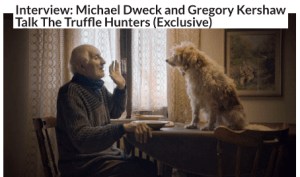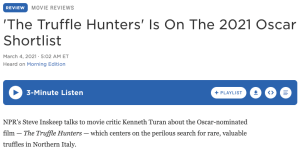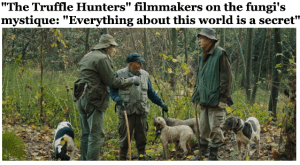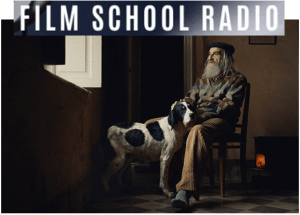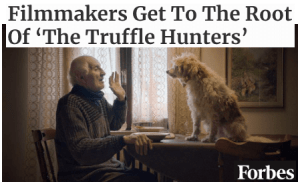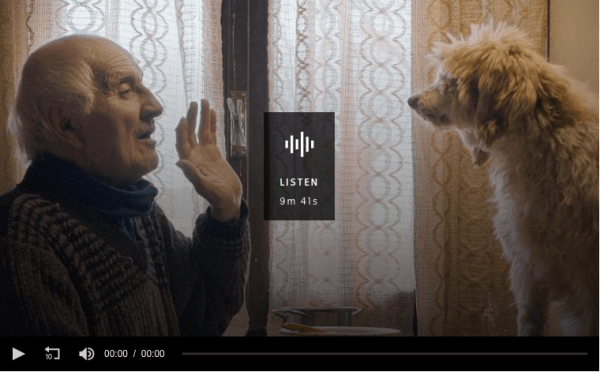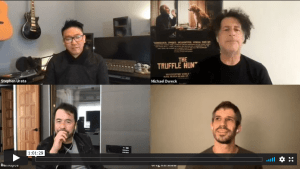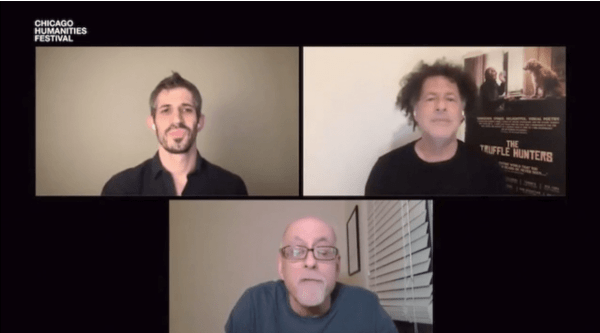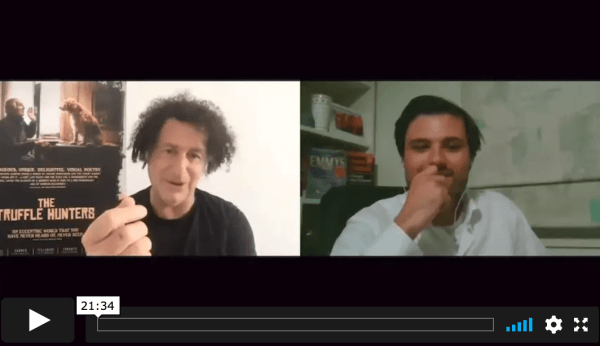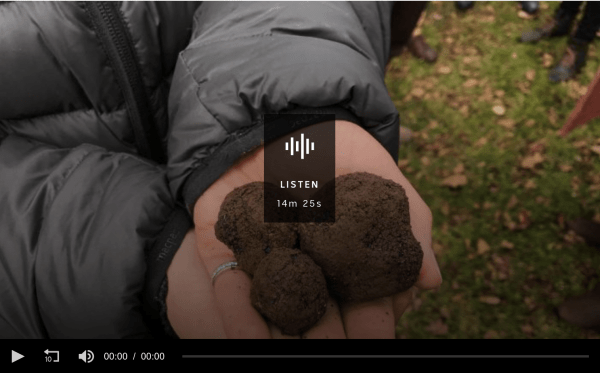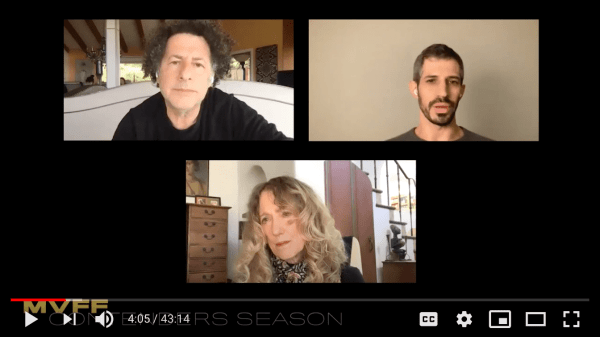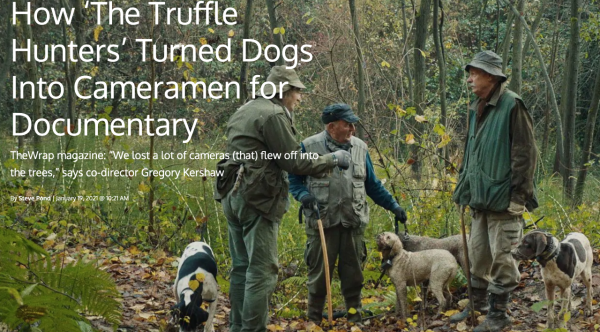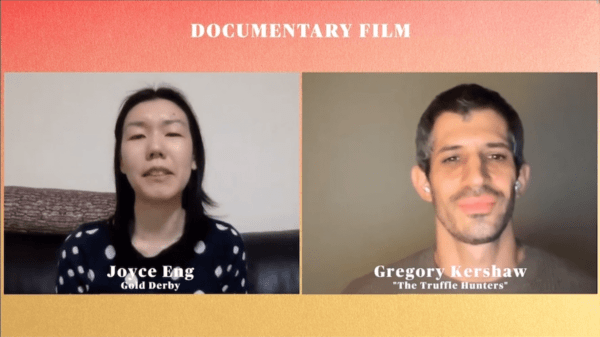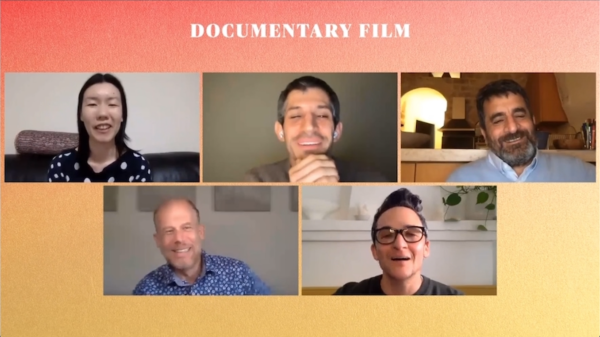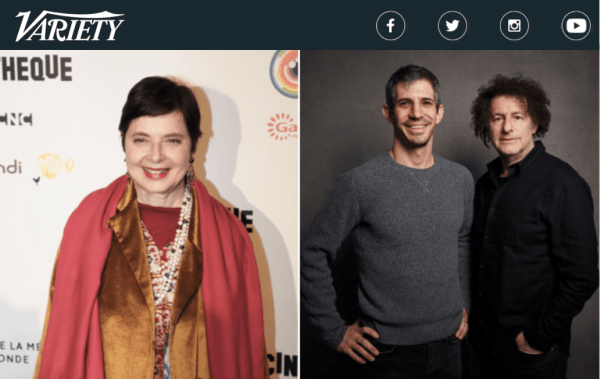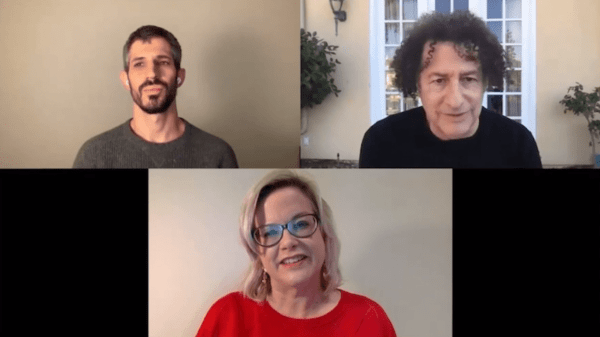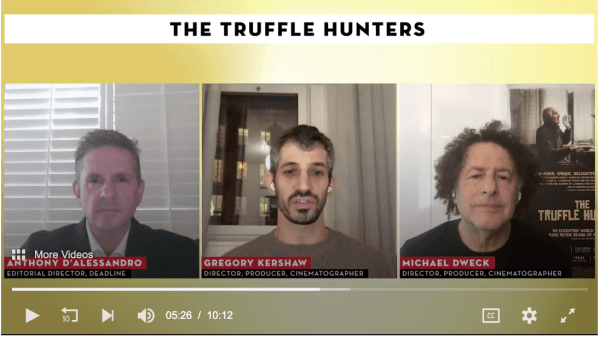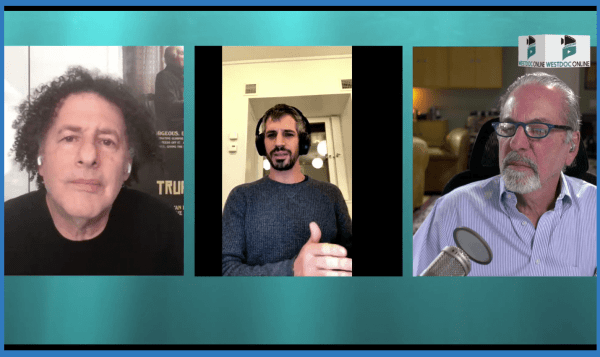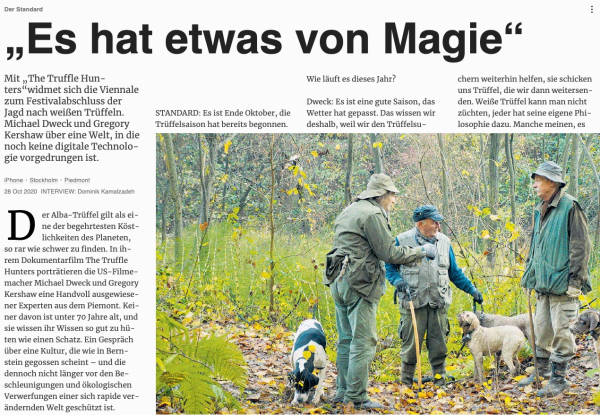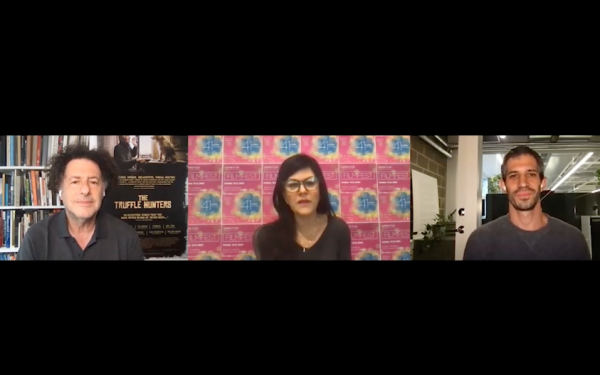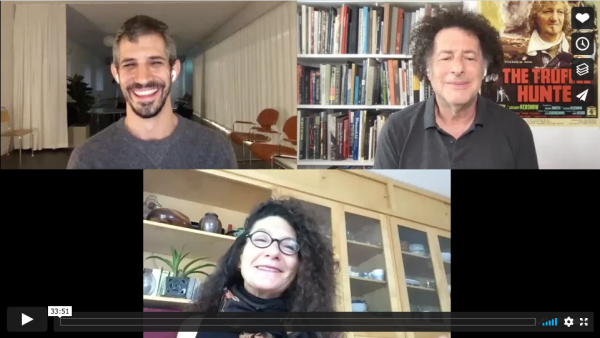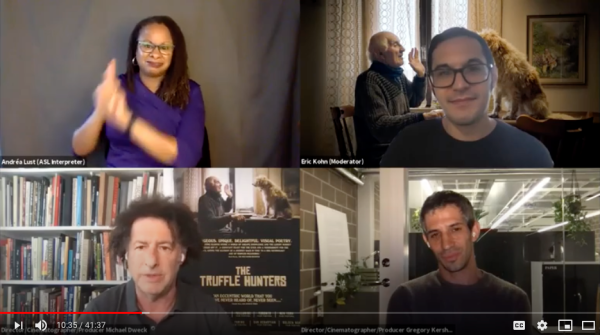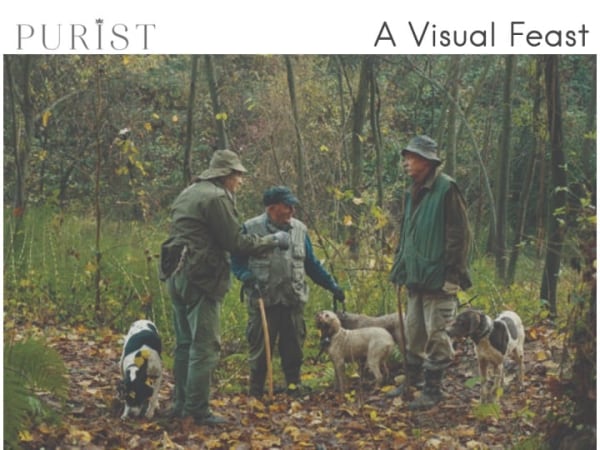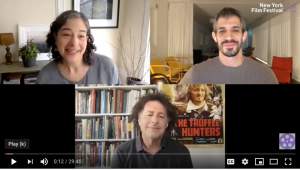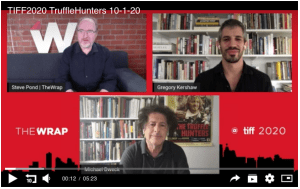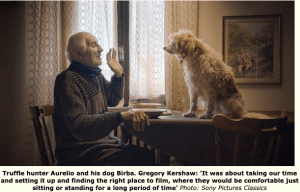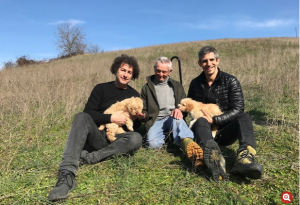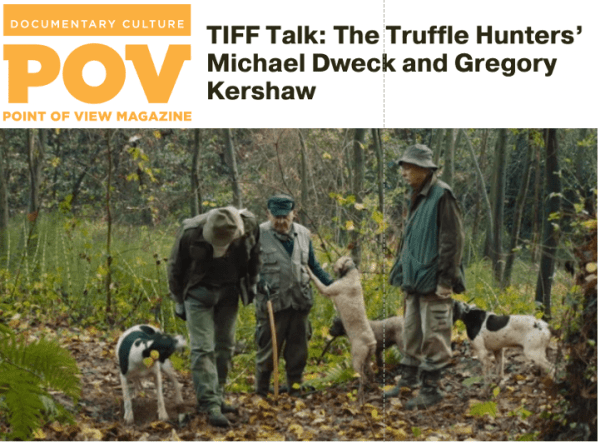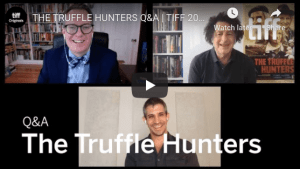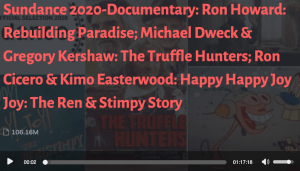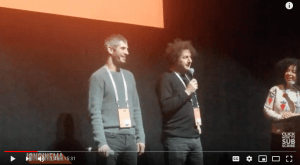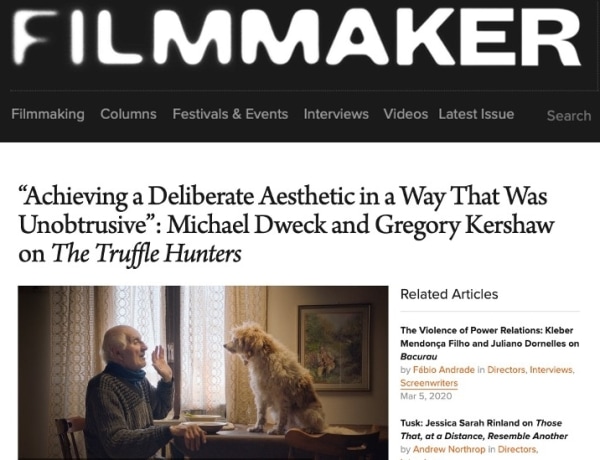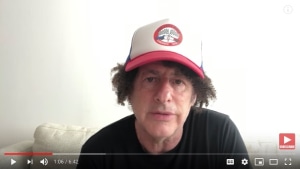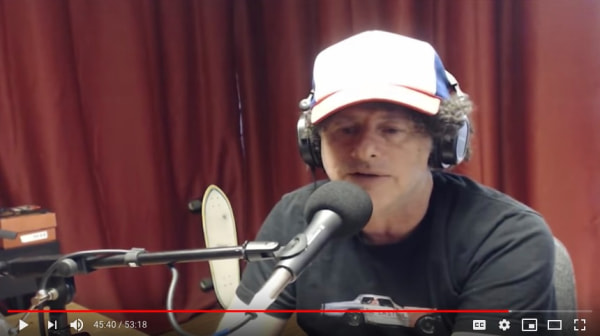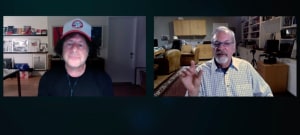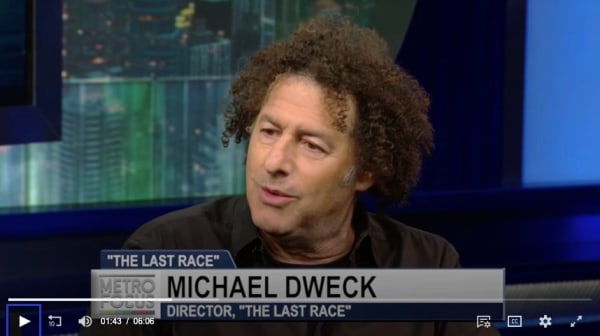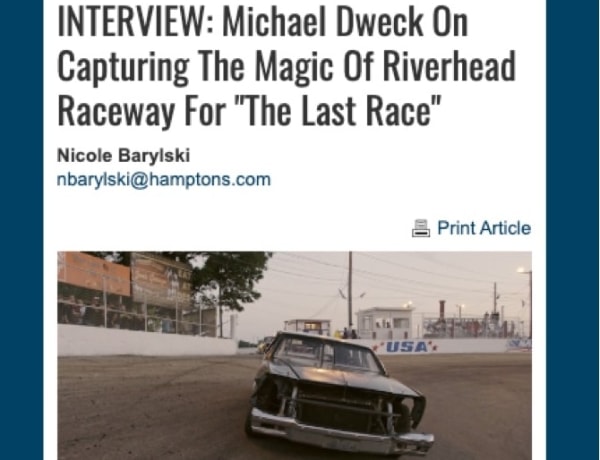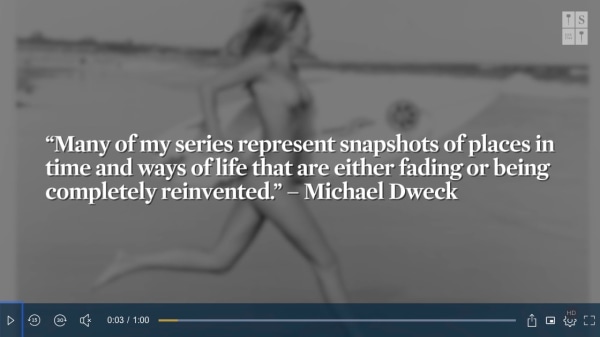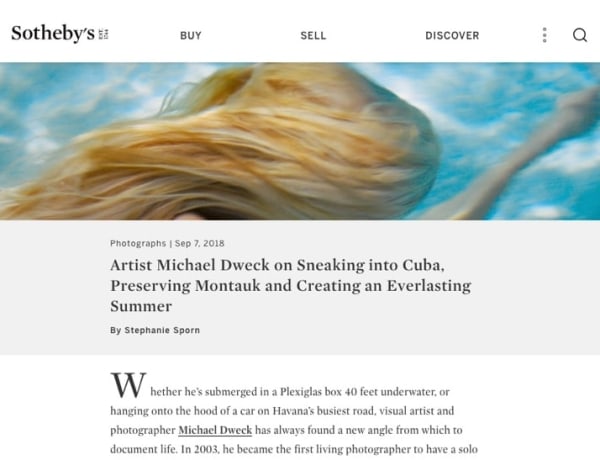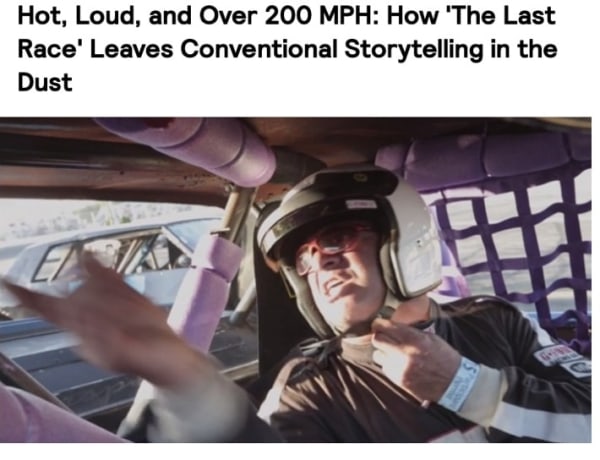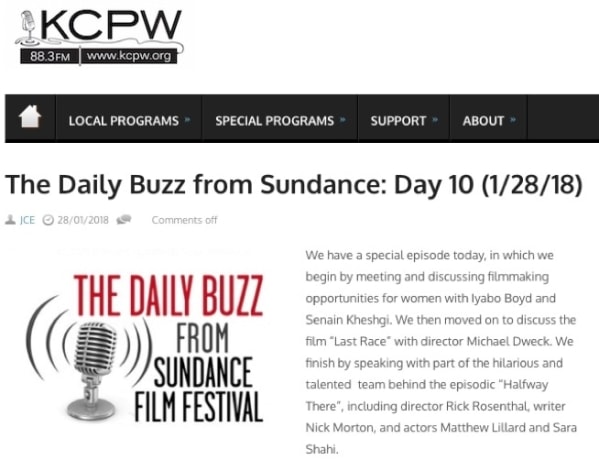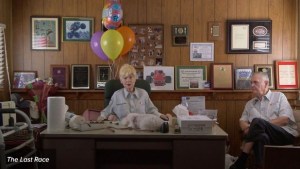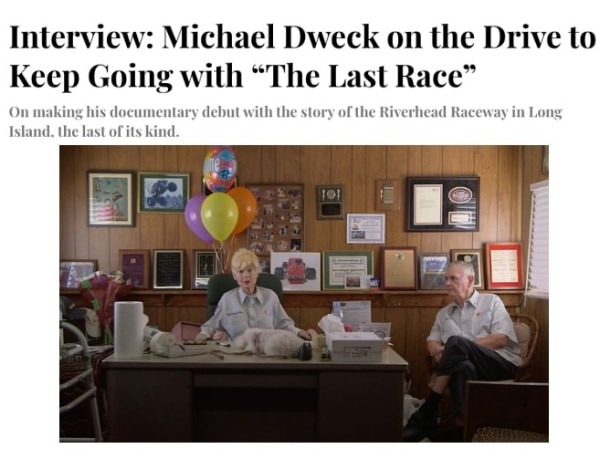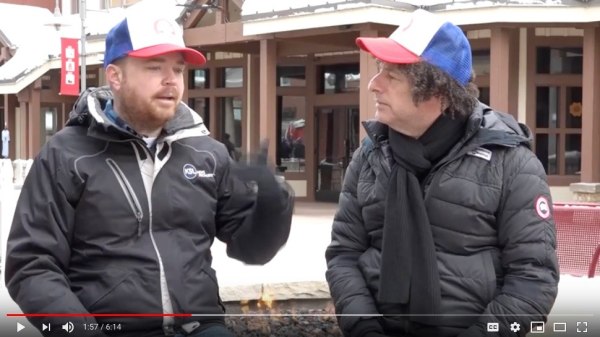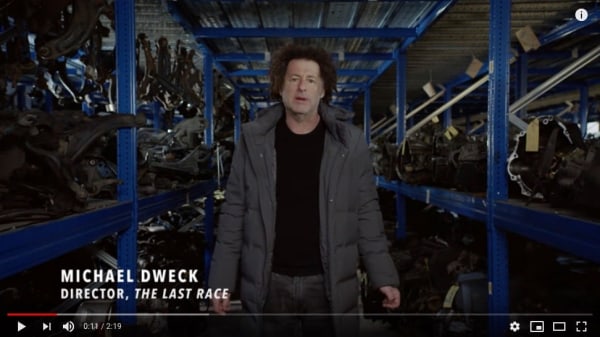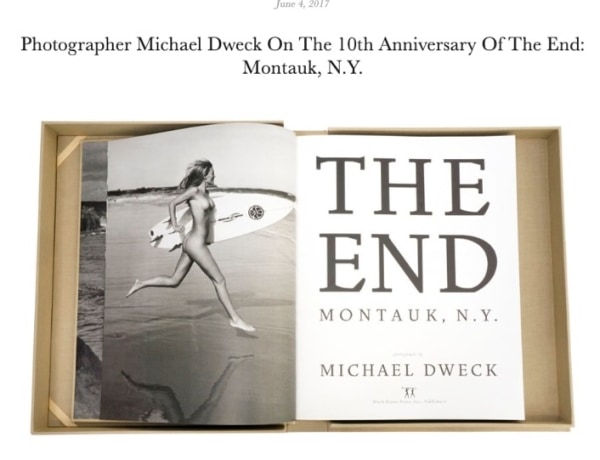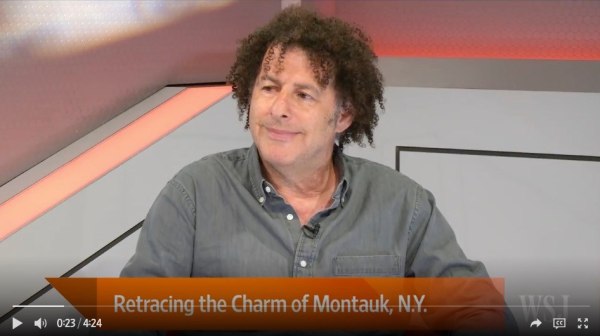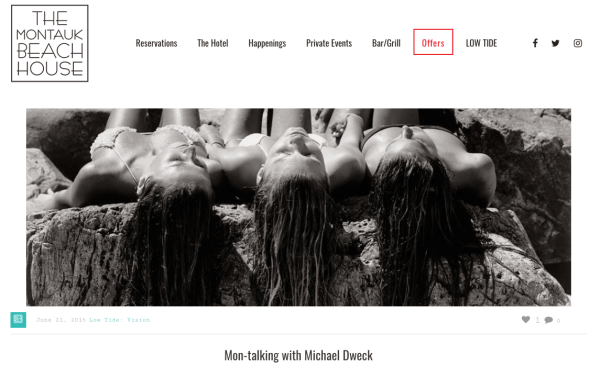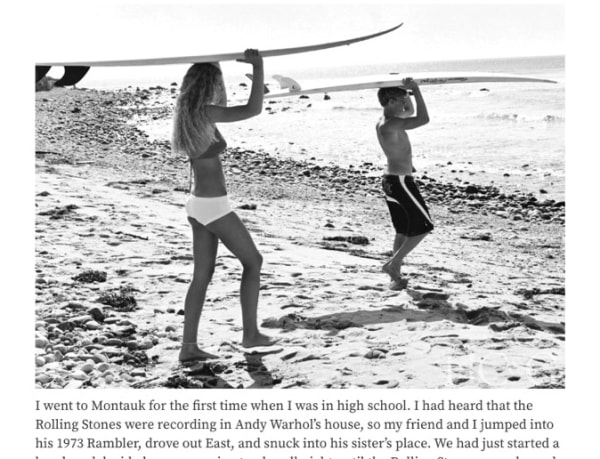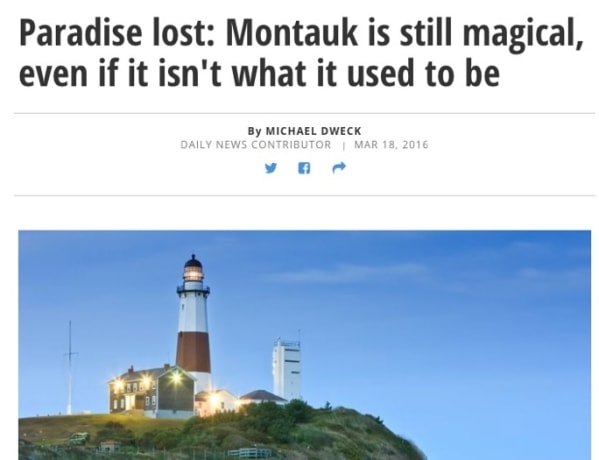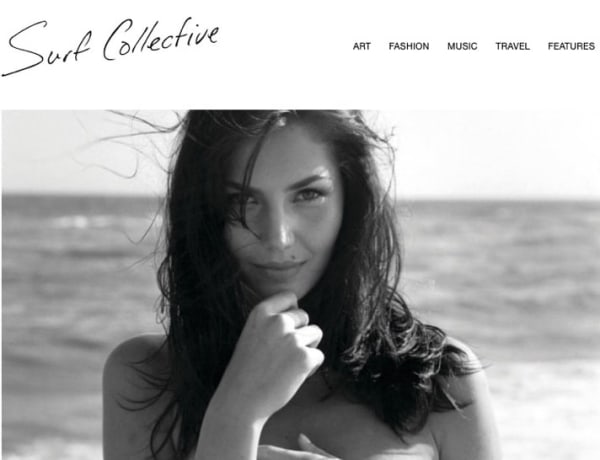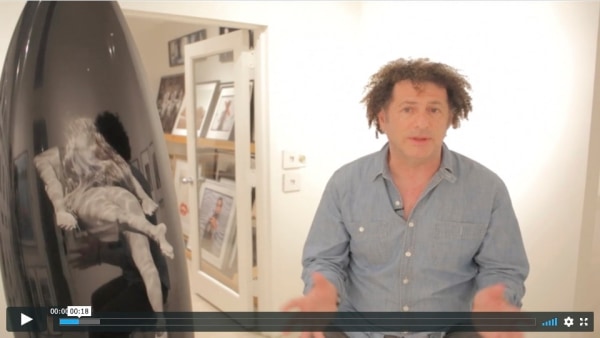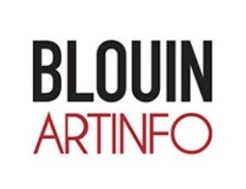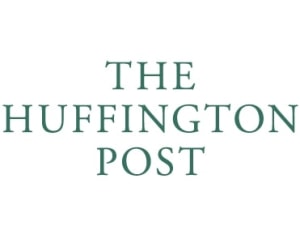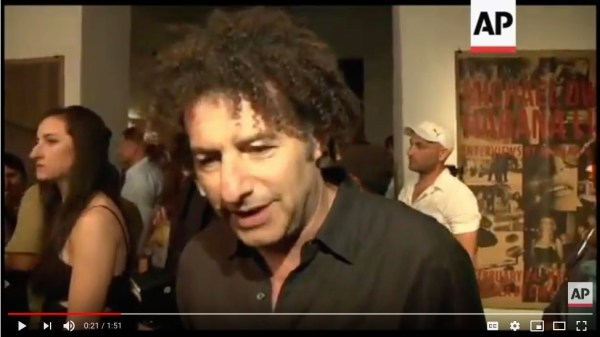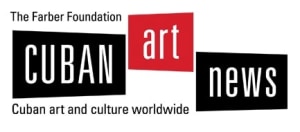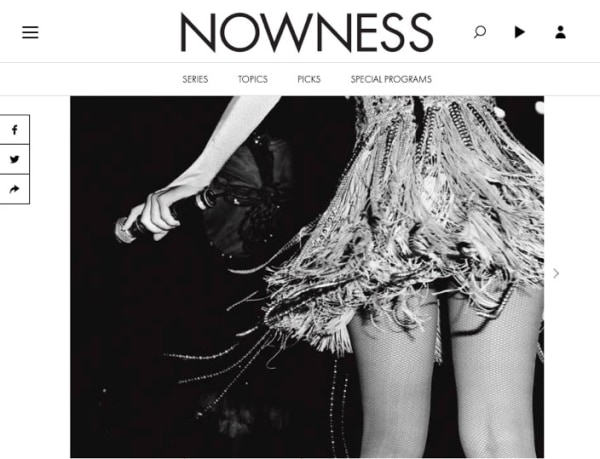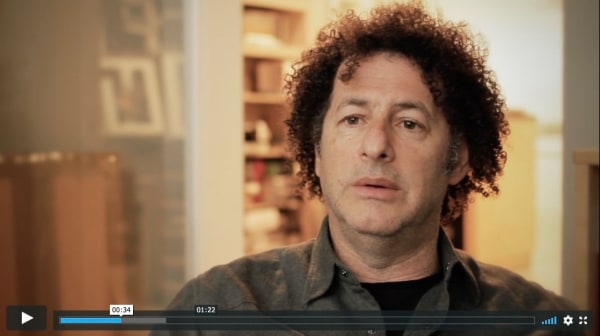Sundance Showed Great Strength in Docs — Where Do These Films Go Next?
IndieWire
02/02/2024
On the latest episode of "Screen Talk," Anne Thompson and Ryan Lattanzio recap the Utah Sundance Film Festival and assess the life ahead for docs.
Host Nicolas Rapold, Manohla Dargis and Amy Taubin on Sundance 2024
The Last Thing I Saw
02/01/2024
Host, Nicolas Rapold with Manohla Dargis, chief film critic of The New York Times, and the inimitable Amy Taubin discuss the role of Sundance, what felt different about this year’s edition (and what didn’t), and the question of story. They also discuss a number of films.
From Hunting Truffles to Herding Gauchos, Dweck and Kershaw Get the Lay of the Land An interview with the Gaucho Gaucho directors
POV Magazine
02/01/2024
Following the film’s debut at this year’s Sundance Film Festival, we spoke over Zoom to the award winning filmmakers about their process, their patience, and how these images were brought to the big screen.
Gaucho Gaucho (2024) Sundance Film Festival - Intro and post-screening Q&A
Ioncinema
01/24/2024
Presentation of Michael Dweck & Gregory Kershaw's Gaucho Gaucho at the 2024 Sundance Film Festival - The Egyptian theatre.
Presentation and post-screening Q&A with cast.
Acclaimed Filmmakers Michael Dweck & Gregory Kershaw Encounter “Joy And Beauty” Of Argentina’s Gaucho Traditions – Sundance Studio
Deadline
01/24/2024
Matt Carey, Deadline Documentary Editor, interviews Michael Dweck and Gregory Kershaw during Sundance Film Festival 2024.
"The Truffle Hunters", la misteriosa bellezza dei tartufi e la loro appassionante caccia nei boschi piemontesi
La Stampa
11/21/2021
Interview by Fulvia Caprara / Video by Nicola Roumeliotis
The Truffle Hunters, Michael Dweck and Gregory Kershaw's doc, is set in the woods of Piedmont, where a group of men between 70 and 80 years old is looking for the prized white Alba truffle. It is the most desired by the luxury market and the one that modern science has never managed to cultivate with technology. The search is a real treasure hunt, in which men can only rely on the only ones able to find them: a few small dogs with exceptional noses. Also produced by Italian director Luca Guadagnino, The Truffle Hunters is a delight for the eyes and thrills us through its characters, human and otherwise.
The Truffle Hunters, a documentary on truffle hunters celebrates life
The Hot Corn
11/18/2021
#DOCCORN
From Sundance to New York, the welcome in the USA has been a triumph. And now it arrives in Italy. But what is it about?
The Truffle Hunters Interview With Michael Dweck and Gregory Kershaw
Find Your Film
08/18/2021
Taking three years to craft, The Truffle Hunters is a visually beautiful documentary and the elderly truffle hunters are a vital and inspiring bunch. Greg Srisavasdi interviews Michael and Greg to discuss their documentary.
A delicious edition with the directors of gorgeous doc The Truffle Hunters
Seen any good films lately? Podcast
07/02/2021
Jason Solomons Podcast. A delicious edition with the directors of gorgeous doc The Truffle Hunters, Michael Dweck and Gregory Kershaw.
New Film Explores The Magical World Of 'Truffle Hunters'
KMUW - NPR
05/25/2021
KMUW's Fletcher Powell recently spoke with the movie's directors, Michael Dweck and Gregory Kershaw, about how they bring the audience into this unusual world.
Q&A with "The Truffle Hunters" filmmakers Michael Dweck and Gregory Kershaw
The Bark
04/23/2021
Documenting the canine search for the world’s most expensive fungi.
Episode #352: "Moffie," "The Power," and "The Truffle Hunters"
Spoilerpiece
04/09/2021
Boston film critics Evan Crean, Megan Kearns, and David Riedel help you decide what to watch by reviewing movies (and occasionally television) without letting spoilers get in the way of good discussion. This week, we kick off with THE TRUFFLE HUNTERS (1:39), a beautifully shot documentary about the quirky men and their beloved dogs who hunt rare white Alba truffles in Northern Italy.
A Look Inside the Magical, Sacred World of The Truffle Hunters
The Film Stage
04/01/2021
By Jordan Raup
I had the opportunity to speak with Kershaw and Dweck to discuss how they pull of their perfect frames, the sacred bond between canine and human, how capitalism is effecting this insular world, the only three truffle recipes you need, and more.
'The Truffle Hunters' Tells The Story Of Men And Dogs Searching For Culinary Gold
NPR Weekend Edition Saturday
03/06/2021
NPR's Scott Simon speaks with directors Michael Dweck and Gregory Kershaw about their new documentary. The Truffle Hunters is about the men and dogs who sniff out Italy's rare white Alba truffles.
A deep dig into fertile soil - film review
KCRW
03/05/2021
In "The Truffle Hunters," a new documentary by Michael Dweck and Gregory Kershaw, Italian men in their 60s, 70s and 80s do as they've done for decades--search the forests of the Alba region for precious white truffles. Their lives are happy and their health is fine, but their work is increasingly endangered.
Hosted by Joe Morgenstern
Hunting for Truffles
WNYC Radio
03/05/2021
ALL OF IT segment with Alison Stewart
Michael Dweck and Gregory Kershaw join us to discuss directing and producing the film, "The Truffle Hunters," which is shortlisted for the 2020 Oscar for Best Documentary Film and opens March 5. The film follows a group of men in Piedmont, Italy, searching for the valuable and rare white Alba truffle.
Destination Eat Drink – The Truffle Hunters
Radio Misfits
03/05/2021
Join us in Italy as we venture into the woods with documentary filmmakers Gregory Kershaw and Michael Dweck to talk about their film “The Truffle Hunters.” Plus, Gregory and Michael share stories of unlabeled wine and the barter economy.
Interview: Michael Dweck and Gregory Kershaw on Unearthing the Hidden Treasures in “The Truffle Hunters”
Moveable Fest
03/05/2021
On designing a process of filmmaking akin to its subjects to extract riches from a fertile story of tradition and an ingredient coveted for all that goes into finding it.
With the film making its way into the world after a celebrated festival run this past year, Dweck and Kershaw spoke about the responsibility they felt towards their subjects and to places on the edge of disappearing in general, using their camera to suspend time yet extend a kind of immortality that only cinema can provide.
Interview: Michael Dweck and Gregory Kershaw Talk The Truffle Hunters
Shock Ya!
03/05/2021
Celebrating a long cherished passion in a community that’s struggling to protect its fragile land and a way of life is more important now more than ever in a world that’s forever been changed by the COVID-19 pandemic. The group of select men who have been guided by a secret culture and training that’s been passed down through generations, as they hunt for the rare and expensive white Alba truffle, is highlighted in the new documentary, ‘The Truffle Hunters.’
'The Truffle Hunters' Is On The 2021 Oscar Shortlist
NPR
03/04/2021
Heard on Morning Edition
NPR's Steve Inskeep talks to movie critic Kenneth Turan about the Oscar-nominated film — The Truffle Hunters — which centers on the perilous search for rare, valuable truffles in Northern Italy.
"The Truffle Hunters" filmmakers on the fungi's mystique: "Everything about this world is a secret"
Salon
03/04/2021
As filmmakers Michael Dweck and Gregory Kershaw show, this insular world is rife with competition, a vibrant black market, and class issues. A scene late in the film has a truffle buyer enjoying a meal, however, one of the truffle brokers tells his daughters he never eats them. Why are truffles so desired, and who are the men in this industry?
"The Truffle Hunters – Co-directors Michael Dweck and Gregory Kershaw" by Mike Kaspar
No Film School Radio
03/03/2021
Co-directors Michael Dweck and Gregory Kershaw (The Last Race) join us to talk about their immersion into a very closed, arcane multi-tiered society that dates back hundreds of years and the impact that modernity and climate disruption is having on this enchanting corner of the world.
Filmmakers Get To The Root Of ‘The Truffle Hunters’
Forbes
03/03/2021
Like truffle-hunting, wine-making or building Rome, filming The Truffle Hunters took time. The filmmakers embedded themselves in the area and find and gain the trust of their wary and secretive subjects. Dweck reveals that they didn’t shoot a single frame of film during their first year exploring the region. And when they finally brought out the cameras, they would often shoot only one scene a day, sometimes allowing the camera to roll for hours to capture only a few minutes of usable footage.
The secret word of truffle hunters
ABC Radio Melbourne
02/25/2021
On Evenings with David Astle
Set in the forests of Piedmont, Italy a new documentary delves into the locals who hunt for the rare white Alba truffle.
The film's co-director Gregory Kershaw describes the circuitous path of finding the truffle hunters who he describes as "a secret within the town."
Q&A session between Ren Klyce & The Truffle Hunters Team
Skywalker Sound
02/24/2021
Ren Klyce moderates a conversation with Michael Dweck, Gregory Kershaw and Stephen Urata where they discuss the process and creation of the soundscape used in The Turffle Hunters.
The Truffle Hunters: A Conversation with the Filmmakers
Chicago Humanities Festival
02/22/2021
Join directors Michael Dweck and Gregory Kershaw for a conversation about their stunning documentary The Truffle Hunters. Set in the forests of Piedmont, Italy, the film follows a handful of elderly men and their expertly-trained dogs searching for the increasingly rare and coveted Alba truffles. Adhering to a culture and methods passed down for generations and now in danger of extinction, these truffle hunters hold the key for two secrets: a prized ingredient of modern cuisine and the age-old answer to a rich and meaningful life. Dweck and Kershaw are joined by filmmaker Peter Gilbert (Hoop Dreams).
Michael Dweck: ‘This beautiful world revolving around this little fungus’
GoldDerby
02/19/2021
“The film’s a celebration of human spirit,” declares Michael Dweck, co-director of “The Truffle Hunters.” He joined us for a webchat recently and adds, “We wanted to make it because we fell in love with this place and these people. This past year’s been a challenge for so many in so many ways. We think that there’s something very beautiful about sharing this world that’s so connected. Especially at a time when we’re physically and culturally disconnected. We are all yearning for community, and this film shows this community full of joy.”
The dogs eat first and the trees have names: Italy's career truffle hunters
ABC News Australia
02/16/2021
On Evenings with Mel Bush
In northern Italy there are people who have spent their whole lives hunting truffles with their dogs. Some of them have been doing it for decades, and are over 90 years old. They are passionate and devoted to the forests they truffle hunt in. Filmmaker Michael Dweck spent time with these men and their families and he told ABC Evenings' presenter Mel Bush about this, and about his new film The Truffle Hunters, which will have its premiere in Tasmania this week.
MVFF Contenders Season presents a conversation with 'Truffle Hunters' Writers/Directors
Mill Valley Film Festival / CFI
01/28/2021
MVFF Contenders Season presents a conversation with 'Truffle Hunters' Writers/Directors Michael Dweck & Gregory Kershaw and moderated by Documentary Filmmaker Connie Field.
How ‘The Truffle Hunters’ Turned Dogs Into Cameramen
The Wrap
01/19/2021
“We lost a lot of cameras (that) flew off into the trees,” says co-director Gregory Kershaw
By Steve Pond
Gregory Kershaw on unmasking ‘this secret society’ of ‘The Truffle Hunters’
GoldDerby
01/19/2021
If one purpose of documentaries is to expose viewers to untold stories, then “The Truffle Hunters” does just that. Co-directed by Gregory Kershaw and Michael Dweck, the film follows a group of elderly Italian men hunting for truffles with their dogs in the woods, revealing a charming top-secret world untouched by modern times that the filmmakers themselves had trouble infiltrating.
5 documentarians on the importance of effecting change
GoldDerby
01/19/2021
5 documentarians on the importance of effecting change: Our job is ‘to shed light into those dark places’. The films by the panelists at Gold Derby’s Meet the BTL Experts: Documentary panel cover vastly different subjects — from trans visibility (Sam Feder‘s “Disclosure”) to regenerative agriculture (Josh Tickell‘s “Kiss the Ground”) and diplomacy (Dror Moreh‘s “The Human Factor”) to the secret and possibly endangered world of truffle hunting (Gregory Kershaw‘s “The Truffle Hunters”) — but they all can open eyes and minds, and most of all, effect change.
Isabella Rossellini and ‘Truffle Hunters’ Directors on Doc’s Disappearing World, Dogs, Food and Her Father’s Legacy
Variety
01/14/2021
Isabella Rossellini first saw “The Truffle Hunters” while serving on the 2020 Sundance jury, where Michael Dweck and Gregory Kershaw’s doc — now considered among the frontrunners in the race for the best documentary feature Oscar — first launched.
ScreenDaily Q&A with Wendy Mitchell
Screen Daily
01/10/2021
The Truffle Hunters Q&A session with Wendy Mitchell.
‘The Truffle Hunters’ Directors On Filming In Italy’s Piedmont Region: It’s “Like A Fairytale Kingdom” – Contenders Documentary
Deadline
01/10/2021
Directors Michael Dweck and Gregory Kershaw didn’t necessarily get much sleep when they were making their Sony Pictures Classics documentary The Truffle Hunters, about superannuated men and their dogs in Italy who search for the subterranean delicacy.
The Truffle Hunters interview with Chuck Braverman
WestDoc Online
01/03/2021
Conversation with Producers/Directors Michael Dweck and Gregory Kershaw on their feature documentary The Truffle Hunters.
Episode #65
"It has something of magic"
Der Standard
10/28/2020
With "the Truffle Hunters", the Viennale is dedicated to the hunt for white truffles at the end of the festival. Michael Dweck and Gregory Kershaw on a world into which no digital technology has yet penetrated.
TRUFFLE HUNTERS Q&A
Aspen FilmFest
10/22/2020
Q&A session with Susan Wrubel, Executive + Artistic Director of Aspen Film Festival
THE TRUFFLE HUNTERS | MVFF43 Conversation
Mill Valley Film Festival
10/20/2020
Conversation with THE TRUFFLE HUNTERS co-directors Michael Dweck and Gregory Kershaw.
Mill Valley Film Festival | October 2020
IDA Documentary Screening Series: The Truffle Hunters | Gregory Kershaw, Michael Dweck
International Documentary Association
10/19/2020
Watch this exciting conversation with The Truffle Hunters Directors/Producers/Cinematographers Gregory Kershaw and Michael Dweck, moderated by Eric Kohn, Executive Editor & Chief Critic at IndieWire.
A Visual Feast
Purist
10/06/2020
Exploring a near-extinct way of life, The Truffle Hunters finds cinematic gold.
The Truffle Hunters Directors Michael Dweck & Gregory Kershaw on Capturing an Italian Tradition
Film at Lincoln Center
10/05/2020
In this special 58th New York Film Festival edition of the Film at Lincoln Center podcast, NYFF programmer Rachel Rosen is joined by directors Michael Dweck and Gregory Kershaw to discuss their revelatory, earthy documentary The Truffle Hunters.
Michael Dweck, Gregory Kershaw on Discovering the Secret Culture of ‘The Truffle Hunters’
The Wrap
10/01/2020
TIFF 2020: “Nobody really knew who these truffle hunters were,” Dweck tells TheWrap
Sniffing out secrets
Eye for Film
09/30/2020
Directors Michael Dweck and Gregory Kershaw chat about their documentary The Truffle Hunters
Gregory Kershaw and Michael Dweck • Directors of The Truffle Hunters
Cineuropa
09/28/2020
We talked to Gregory Kershaw and Michael Dweck, the duo behind one of the biggest delights of the year, The Truffle Hunters
TIFF Talk: The Truffle Hunters’ Michael Dweck and Gregory Kershaw
Point of View Magazine
09/19/2020
On dog cams and documenting the delicious
THE TRUFFLE HUNTERS Q&A | TIFF 2020
TIFF
09/18/2020
Directors Michael Dweck and Gregory Kershaw in conversation with TIFF in advance of THE TRUFFLE HUNTERS' premiere at the 2020 Toronto International Film Festival. This beautiful, meditative documentary follows three elderly specialists, and their dogs, as they seek the prized delicacy and contend with poachers in the woods of Northern Italy.
Michael Dweck & Gregory Kershaw: The Truffle Hunters
Cam Noir
02/26/2020
Filmmakers Michael Dweck and Gregory Kershaw ventured deep in the forests near Alba, Italy for their documentary, The Truffle Hunters.
“Achieving a Deliberate Aesthetic in a Way That Was Unobtrusive”: Michael Dweck and Gregory Kershaw on The Truffle Hunters
Filmmaker Magazine
01/27/2020
Directors Michael Dweck and Gregory Kershaw immersed themselves in the daily lives of this small sect of truffle hunters, who only prowl the sloping Italian forests in the dead of night in order to protect the location of the white Alba truffle. Dweck and Kershaw explain the arduous process of gaining trust within the community and the intimacy of filming them.
Director Michael Dweck Discusses The Making Of The Last Race
Documentaries
06/12/2019
Michael Dweck, director of Sundance favourite The Last Race answers some questions on the making of this seminal documentary. An evocative portrait of Long Island's last race track.
Podcast #384 - Michael Dweck (The Last Race)
The Smoking Tire
11/15/2018
Michael Dweck is the director of the feature film, "The Last Race", a movie about the last oval track on Long Island, and the battle between those that want to keep racing and those that want to develop the property. Premiers Friday, Nov. 16.
The Last Race interview with Chuck Braverman
WestDoc Online
11/15/2018
Conversation with Producer Director Michael Dweck on his first film, the feature doc The Last Race.
Episode #23
The Last Race interview with Rafael Roman
Metro Focus
11/07/2018
Find out how one community on Long Island is trying to hold on to its past while staving off developers.
Michael Dweck On Capturing The Magic Of Riverhead Raceway For "The Last Race"
Hamptons
10/01/2018
It's my creative effort to provide the audience with a singular emphatic experience as opposed to what documentaries typically do, which is give you information. I tried to have the audience become active participants and witnesses to the spirit of this place, the Raceway, and I hope they explore questions of blue collar American identity.
How Photographer Michael Dweck Captures the Ephemeral
Sotheby's New York
09/25/2018
In this 60-Second Gallery, discover the work of visual artist and photographer Michael Dweck through his own words.
Artist Michael Dweck on Sneaking into Cuba, Preserving Montauk and Creating an Everlasting Summer
Sotheby's New York
09/07/2018
Whether he’s submerged in a Plexiglas box 40 feet underwater, or hanging onto the hood of a car on Havana’s busiest road, visual artist and photographer Michael Dweck has always found a new angle from which to document life.
Hot, Loud, and Over 200 MPH: How 'The Last Race' Leaves Conventional Storytelling in the Dust
No Film School
02/05/2018
We agreed this was going to be a cinematic portrait of a specific place, and the shots had to be either magical or mysterious. If they didn't meet that prerequisite, they didn't make the film. Another requirement was that there could be no repetition. We'd need to have moments of silence to breath, to stay, and to not cut a lot. If we had cuts, you wouldn't have time to observe this very particular world.
The Daily Buzz from Suncance: Day 10
KCPW
01/28/2018
Radio interview with THE LAST RACE Director Michael Dweck
Listen to full interview
“The Chaos of the Race Track Was a Constant Challenge”
Filmmaker Magazine
01/26/2018
The director, Michael Dweck, is a fine art photographer, and we had been talking about collaborating on a project together for some time. He came to me with the idea of creating a film about a small stock car race track that was the last vestige of the Long Island racing culture that he experienced as a child.
Interview: Michael Dweck on the Drive to Keep Going with “The Last Race”
Moveable Fest
01/23/2018
On making his documentary debut with the story of the Riverhead Raceway in Long Island, the last of its kind.
Ethan interviews Michael Dweck
Nightside Project
01/22/2018
Ethan interviews Director Michael Dweck of THE LAST RACE, a Sundance Film Festival documentary about Riverhead Raceway. For decades, this track has hosted showdowns between local residents in Mad Max style vehicles. Dozens of quarter-mile tracks just like that used to exist on Long Island - but now Riverhead is the last.
Meet the director video
Sundance Institute
12/28/2017
Sundance Film Festival 2018 - U.S. Documentary Competition: The Last Race
Meet Michael Dweck, director of The Last Race, which is playing in the U.S. Documentary Competition at the 2018 Sundance Film Festival.
Photographer Michael Dweck On The 10th Anniversary Of The End: Montauk, N.Y.
The Tidalist
06/04/2017
Intrigued and encapsulated by the pure love of surf and beach-life of the community that he so often frequented, Dweck’s book is a visual representation of the inspiration that this fisherman’s town has had on his artistry and creative eye.
These Montauk surfer photographs are making waves – Have you seen them?
News Whistle
09/23/2016
I’m really happy with the way the project came out… It was kind of my attempt to look back – ten years later – on timelessness, and dig through a lot of contradictory feelings about a certain place and/or a certain time.
Retracing the Charm of Montauk, N.Y.
Wall Street Journal
07/05/2016
Photographer Michael Dweck has captured the charm of Montauk, N.Y. for the past 40 years, and is the first living American artist to have a solo exhibition in Cuba. He joins Tanya Rivero to discuss his enduring love affair with Montauk.
Mon-talking with Michael Dweck
Montauk Beach House
06/21/2016
In the context of my work, memory is almost a currency. It’s what allows you entry into the endangered societies that my narratives grow out of.
Michael Dweck Recalls his Coming of Age in Montauk
Cottages & Gardens
06/13/2016
I saw something magical, an enclave based in paradise. I saw the water, the girls. There was a certain romance and fraternity, and I idealized it. That’s what it’s all about when you’re young.
Paradise Lost: Montauk is still magical, even if it isn't what it used to be
Daily News
03/18/2016
Montauk will never be Montauk again (R.I.P to the East Deck, Salivar's, Johnny's Tackle, et. al), but it will never be anything else either.
Photographer Michael Dweck on the 10th Anniversary of THE END: MONTAUK, N.Y.
Surf Collective
08/31/2015
I get to work in a medium that provokes and teaches in inexplicable ways. Like Whitman says (another Long Island guy, actually) “I and mine do not convince by arguments, similes, rhymes;/ We convince by our presence.” That, to me, is art.
Underwater Mermaids
L'Oeil de la Photographie
07/10/2014
Interview with Michael Dweck, where he discusses the inspiration behind his Mermaids series and the intricacies of photographing underwater.
Michael Dweck Exhibition in Cuba
Art Info
10/15/2012
I think it's important to remember that "Habana Libre" doesn't depict Cuba, nor Havana, but a group of people in the city, in the country — my ideal vision. It's no different than the photographs that come out of Fashion Week in New York. They depict a very small subset of a very large and complex society.
Welcome to Cuba, Asshole
The Huffington Post
10/01/2012
I think it's important to note again that Habana Libre wasn't assembled as propaganda or counter-propaganda or anything in between. It doesn't represent its photographer's point, so much as his point-of-view; my vision of Cuba and no one else's. It represents an island -- or my idea of one -- ripe with seduction, mystery, sensuality and, yes, a little danger.
Habana Libre Exhibition Opening at Fototeca in Havana, Cuba
Associated Press
02/24/2012
US photographer Michael Dweck's Habana Libre exhibition opens
Habana Libre - an interview with Michael Dweck
Cuban Art News
12/07/2011
There’s always a mixture of reasons that bring you to a particular place – for me, beauty is always a factor. In that sense – taken apart from political or social ideas – Cuba has the same draws as other islands in the Caribbean – Jamaica or the Virgin Islands or Antigua. The beaches are stunning, the people are beautiful. It’s just a great place to visit.
An Interview with Michael Dweck
Whitewall
10/05/2011
We’re dealing with people living buoyant, cinematic lives and I want the audience to share in that, feed on it. A single photo won’t borrow all the corners of that cube and give it away in two dimensions. But I think a book like this that doesn’t treat itself like “just a photobook” and whose images and narratives refuse to treat their subjects like “subjects” can go further in making its points, whatever island they may reference.
Havana Good Time
Nowness
08/20/2011
Dweck’s new book, Habana Libre, reveals a secretive collective of friends based in the country's capital, making work that treads a fine line between conceptual and subversive, yet is not seen as rebellious by the authorities.
Gregory Kershaw interviews Michael Dweck
03/10/2011
Gregory Kershaw interviews his long time friend Michael Dweck about what inspires him, his method and his work.
Interview with Michael Dweck - Habana Libre
Paris Match
08/01/2010
Looking back, I think my first trip to Havana was like walking into a nightclub – and actually connecting with that group was like picking up a woman at the bar. You see a confident, sexy woman across the dance floor. You catch her eye. You look one another over. You flirt. And, in my case, you stay together for a while and have some fun.
